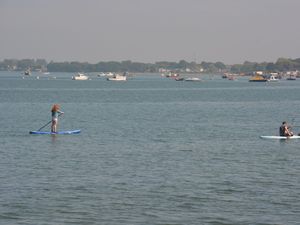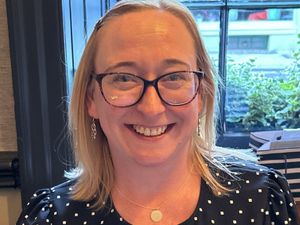Concern for wildlife as 100-fold increase in chemicals found in harbours
Insecticide used for pet flea treatment has been found in waters in south coast harbours.

Chemical pollution has increased by 100-fold in the waters of two south coast harbours which are home to sites of special scientific interest (SSSI), according to a new study.
Researchers from three universities have analysed the waters of Chichester and Langstone harbours and discovered 105 different pharmaceuticals, pesticides and illegal drugs including an insecticide used as a common pet flea treatment.
And the environmental scientists found that some of the chemicals increased by over 100-fold following rainy days which led to combined sewer overflows (CSOs) into the harbours which are on the border of Hampshire and West Sussex.
The team, made up of researchers from Brunel University, London, University of Portsmouth and Imperial College London, says that they are worried about the impact on the local wildlife in the 21 SSSIs in the area.
Dr Thomas Miller, from Brunel University, said: “CSO discharges were an obvious source of chemical pollution in these waters.





